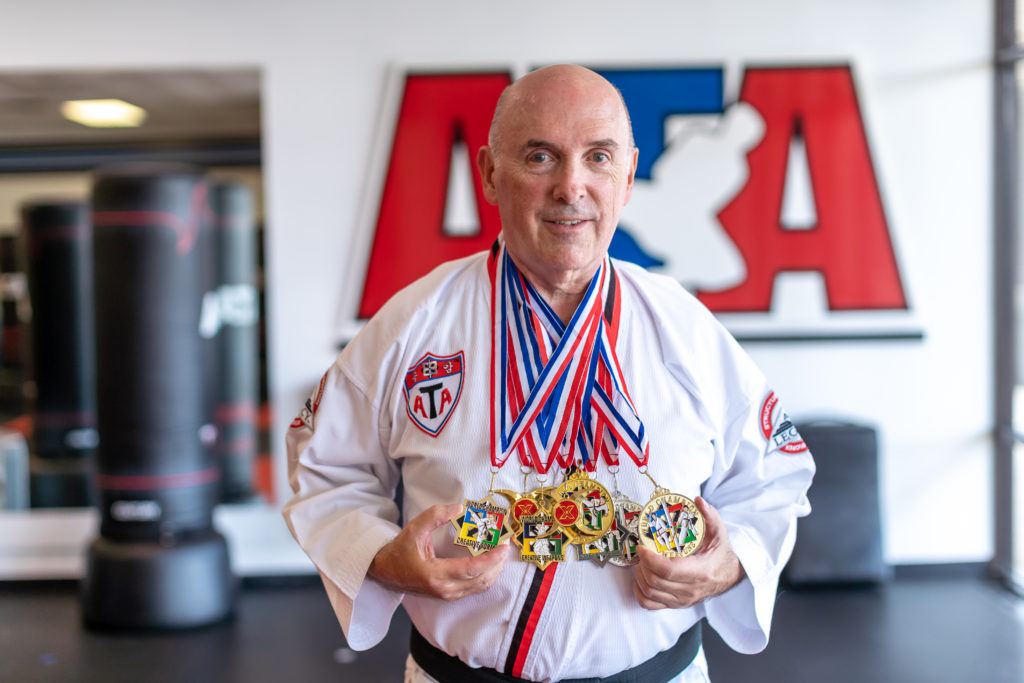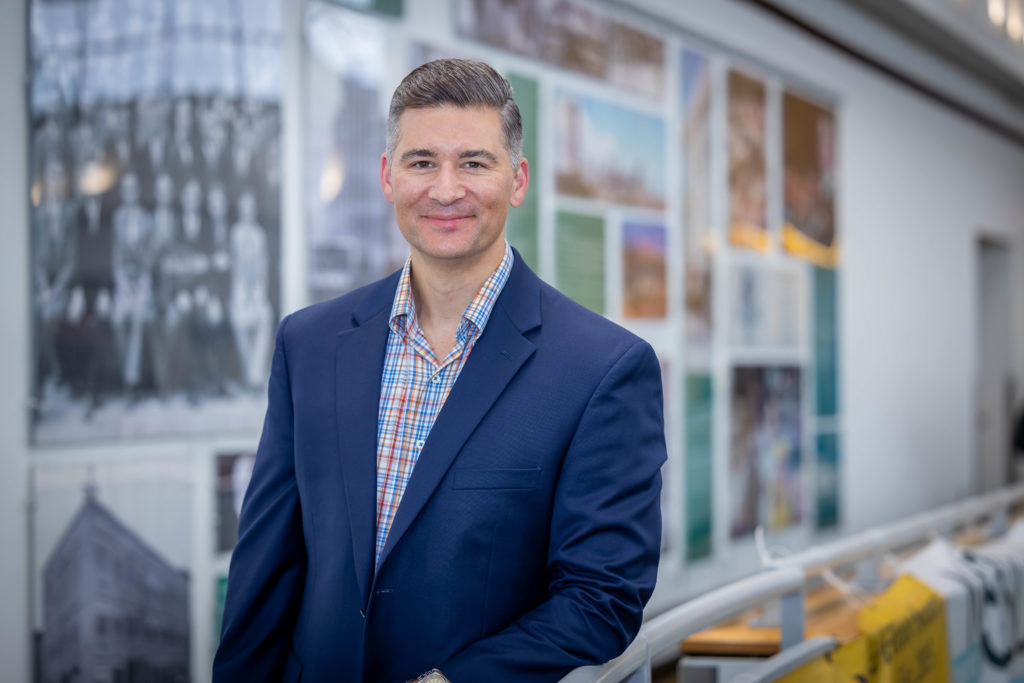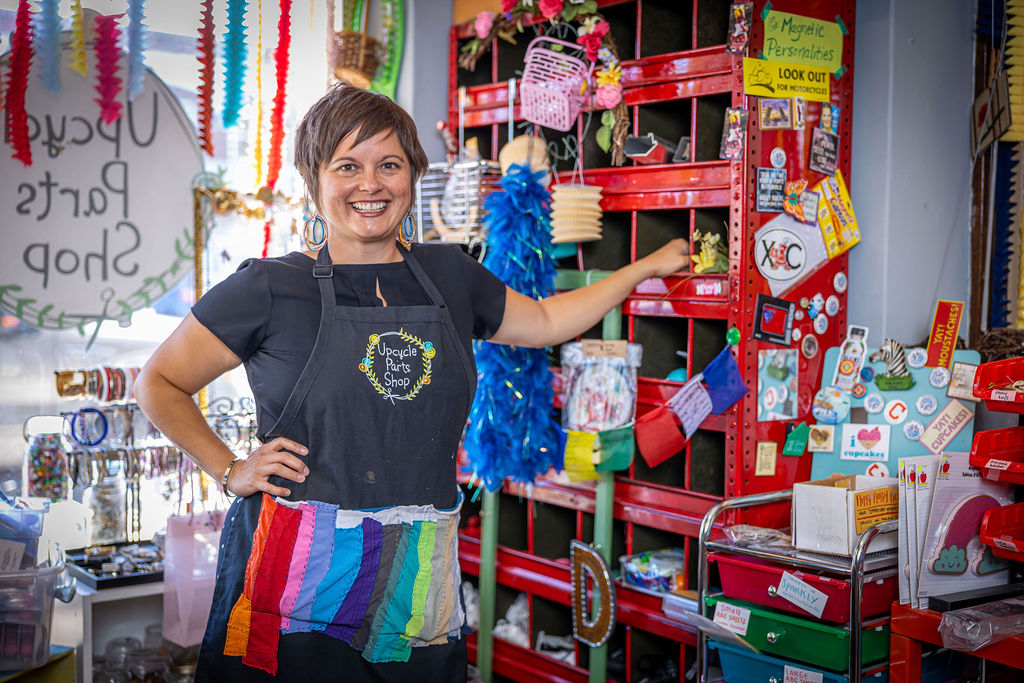Madam Secretary
Marcia Fudge (JD ’83) is the once-reluctant politician who has risen the ranks to earn a spot in President Joe Biden’s cabinet.
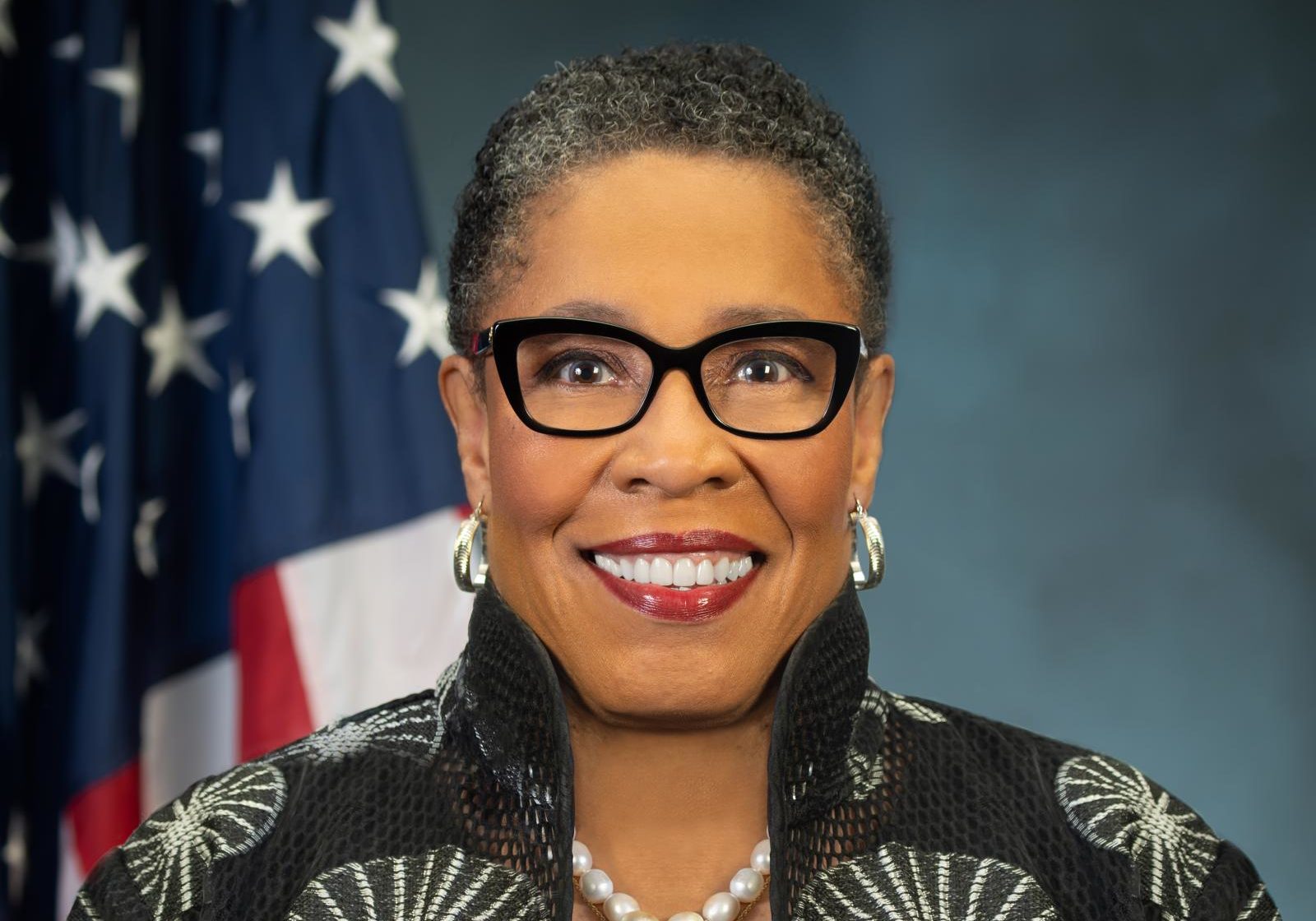
By Jordan Burress
Marcia Fudge never intended to run for office. Not even as mayor of Warrensville Heights, Ohio. City residents recruited her, actually. And she was loath to run to represent Ohio’s 11th district in Congress, when her close friend and mentor Stephanie Tubbs Jones unexpectedly passed away, leaving the seat vacant. Friends and family had to persuade her to launch a campaign for the U.S. House of Representatives, so much so that the night of Tubbs Jones’ funeral, they ignored her protests and raised $10,000 to support her.
Perhaps it was chance that she’d met Tubbs Jones as a teen, beginning a close personal and professional relationship that would ultimately put her front and center when the seat in Congress became available. Fudge, that is, Secretary Marcia Fudge, of the Department of Housing and Urban Development, calls it providence.
“I honestly and truly believe that God puts you where he wants you,” she says.
As a child, she was convinced that she was a union organizer.
“I joke and tell people that I used to think I worked for AFSCME [American Federation of State, County and Municipal Employees].”
At the time, the real union organizer was her mother, one of the first black women hired by the organization. But Fudge helped, stuffing envelopes and traveling door-to-door, and it wouldn’t be that long before she’d venture into public service herself.
Fudge says the tumult and upheaval of the 50s and 60s compelled her to become involved.
“My defining moments were the assassinations of JFK, MLK, Bobby Kennedy, marches and sit-ins, civil rights, voting rights,” she says.
“You don’t even know it’s a movement. You just know that it’s important enough to want to be a part of it.”
So, she stepped on what she calls the battlefield and never looked back. It’s a place she both enjoys and one where she believes that she flourishes.
“I think it is what I do well.”
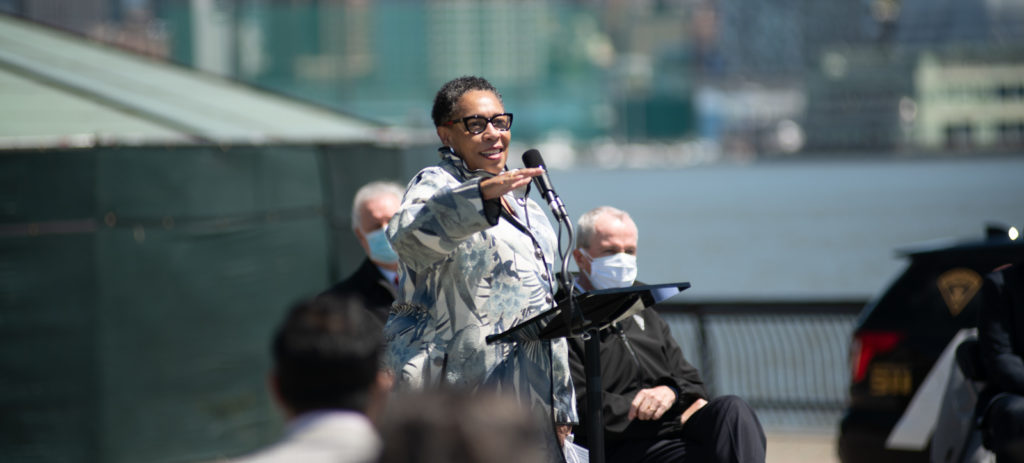
In many ways, Fudge is a trailblazer, though it’s unlikely that she would claim that title. She has both a commanding and unassuming presence. But hers is a career marked by firsts.
As a teenager, she was the first person in her family to graduate from college and then graduate school. She was the first black female mayor of Warrensville Heights. And as secretary for HUD, she’s the first black woman to lead the agency in four decades. She’s also the first CSU alumnus to hold a cabinet-level position. And while they’re distinctions anyone would be proud to own, Fudge has a different perspective.
“Being first is wonderful, but you have to make sure that you’re not the last,” she says.
“So, you have to always reach back and help other people move in that direction, or at least, prepare people to move there.”
Back in May, she delivered the commencement address remotely to the class of 2021 at Progressive Field, and a similar theme emerged in her remarks to the new graduates.
“Don’t take for granted the advantages you’ve been given,” she told them.
“The best way to express your gratitude is by giving back to your community. To help improve the life of another person.”
As HUD secretary, that’s her goal.
She fully admits that she feels the weight of her role and how it comes with its share of expectations. She understands that she’s helping, in part, to upend a system that has been notoriously discriminatory and that so many are looking to her to make things right. But she believes she’s there for a reason and what she recognizes is a higher purpose.
“People have so much hope for what we can do, for how we can change their lives” she says.
“That drives me more than anything because you don’t want to let them down. Even though I know I can’t change it all, I have to change that which I can. Because if I don’t, I shouldn’t be here.”
When she was running for Congress, she developed a campaign mantra on brand with the kind of politician she hoped to be. Tubbs Jones, her predecessor, was known for having charisma to spare. But it’s not that Fudge didn’t. She was just different, quieter, more reserved.
“I can’t be Stephanie,” she said back then.
“All I can be is me, but I’ll be the best me I know how to be.”
That’s what she hopes defines her time in Washington and beyond.
“I want people to know that I left everything on the field,” she says.
“That I cared enough about people to give the very best that I had every day. If that’s my legacy, I’m happy with that.”
Life lessons learned along the way
- Be prepared. “I’ve always believed that opportunities will come. You just have to be prepared for them when they do.”
- The power of relationships. “It’s not always what you know; it’s who you know.”
- Be nice. “No matter how smart you are, no matter what you know, if people don’t like you, they will not help you.”
On using her position for good
“So often we get places in our lives, and we forget about the people that helped us get up that mountain. So, this gives us an opportunity to say we haven’t forgotten you. We appreciate who you are and we’re going to do everything we can to help you climb with us, as opposed to looking down on you.”
Also in this Issue...
Tenacious McGee
At an age when most are reflecting on lifelong careers and enjoying their golden years, Robert McGee, 74, has no plans to slow down.
Business prof’s top podcast seeks to create better workplaces, one listener at a time
Aside from his work as an associate professor of management at CSU, published scholar, consulting firm co-owner and U.S. Navy Reserve captain, Ben Baran, Ph.D. also finds time to connect with his rapidly growing audience as co-host of “The Indigo Podcast: An Exploration of Human Flourishing at Work and Beyond.”
Making secondhand the first choice
Nicole McGee (MA '10) revels in giving used objects a second, third or fourth life.

